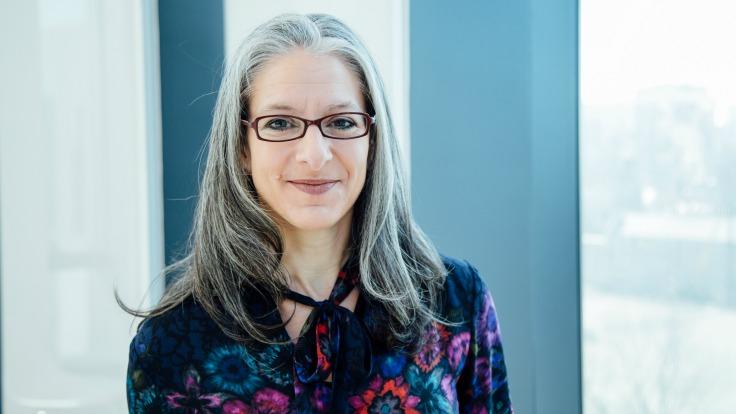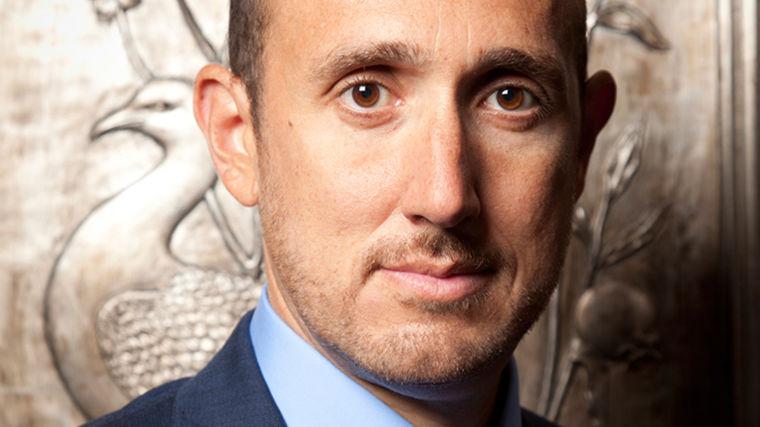“A pandemic is war,” writes Derek Thompson in his latest article for The Atlantic. And our response to the biological enemy is a shut-down of public life, from schools to restaurants. Unfortunately, the latter closure especially will have profound effects on the nation’s economy. What we do to support the restaurant industry, then, is crucial for how we repair our economic life.
Restaurant closures may not seem like an enormous deal at first, but if you consider the fact that restaurant spending in America surpassed grocery store spending for the first time ever, things begin to look a bit more grim. “This modern dining revolution has made restaurants one of the country’s most important sources of work. In 1990, manufacturing employment was almost three times larger than the food-service industry, but today there are about as many jobs in food service as in manufacturing,” writes Derek Thompson. “Restaurants are the new factories, and without them state and local economies across the country would fall to pieces.”
So what happens now, in a pandemic, when we are forced to do without them? It’s definitely uncharted territory, with no clear understanding of how long the closures will last. “Already operating at paper-thin margins, restaurants face the loss of their entire dine-in business, but they will still have to make rent,” explains Thompson. The current crisis in a nutshell is that the pre-pandemic financial obligations have not disappeared. According to Thompson, there is only one solution to the problem: “The public sector must step in and play consumer for several months, until the virus passes.”
Read his full article here.
To book speaker Derek Thompson for your next event, contact The Lavin Agency today, and speak with a knowledgeable representative from our sales team.





